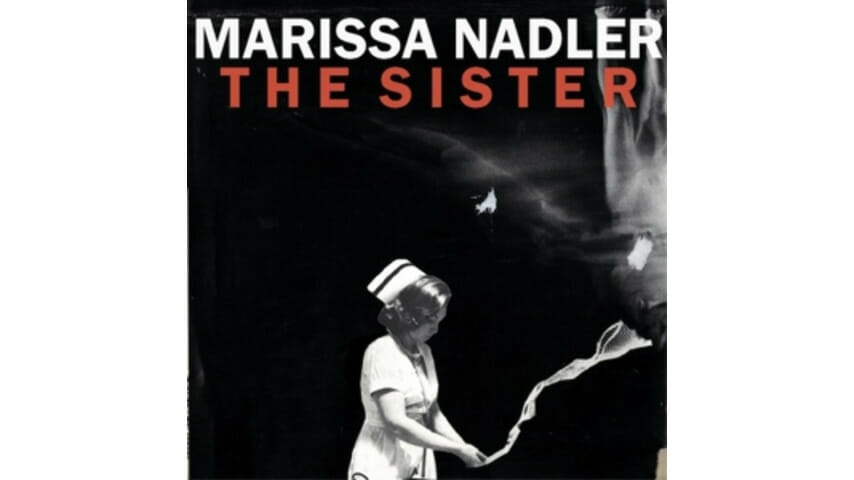Marissa Nadler: The Sister

In life, there are cathartic moments through which we embrace our greater selves, exorcising the torrential past while divesting pain, stress and other emotional barriers. Indeed, self-actualization can be a blissful breakthrough, especially when those previous struggles are used to strengthen our resolve and trek into the unknown.
For Boston folk singer Marissa Nadler, love and despair seemed her greatest hurdles en route to such liberation, as evidenced by last year’s self-titled album, a stellar collection of sullen melodies and lovelorn anecdotes akin to those of Joni Mitchell. “Heartbreak is a great muse, but it can wear you down,” Nadler says in her bio. “The narrator’s stronger in my songs now, and more able to bounce back if they choose to.”
-

-

-

-

-

-

-

-

-

-

-

-

-

-

-

-

-

-

-

-

-

-

-

-

-

-

-

-

-

-

-

-

-

-

-

-

-

-

-

-








































